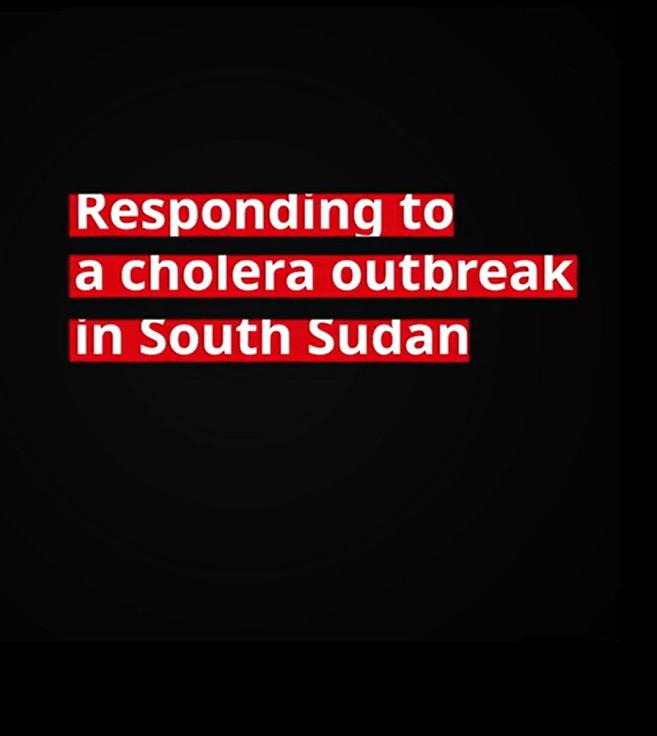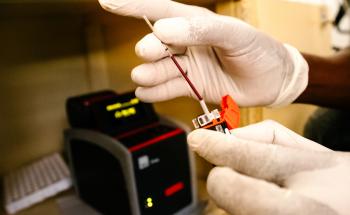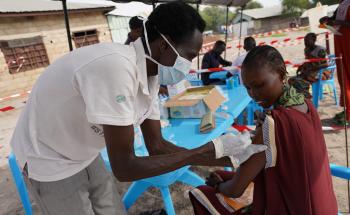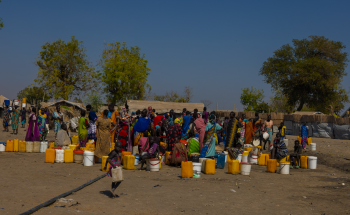Infectious diseases specialist Diyani Dewasurendra is on assignment in South Sudan when the first cholera cases arrive at the hospital. It’s time to act fast!
Every epidemic begins with a suspicion – a sudden rise in illness, recurring symptoms and the first severely ill patients. In crisis zones, infectious diseases can spread at lightning speed. Every minute counts when trying to contain them. The first 72 hours are critical: we need to act fast and strategically to save lives and prevent a disaster.
In 2023, I was on assignment in Malakal, South Sudan, when a cholera outbreak hit...

Cholera response in South Sudan
The first 72 hours are critical.
We need to act fast and strategically to save lives and prevent a disaster. Below are the key steps we took in response to the cholera outbreak in South Sudan:
Acting fast saves lives
The first 72 hours of an epidemic determine whether it can be contained or spirals into a disaster. In the case of the 2023 cholera outbreak, we were able to respond quickly and limit the number of cases to 1,471. After 90 days, on May 16th 2023, intervention was closed as the cases decreased significantly and the outbreak was contained.
This outbreak once again showed how crucial are early diagnosis, isolation, identifying the source of infection and fast vaccination. Each of these steps is vital to saving lives.
We work under extremely difficult conditions in crisis zones, but access to vaccines remains one of our most powerful tools in the fight against epidemics. At the same time, we must not forget that long-term solutions – such as access to clean water – are just as important to prevent future outbreaks.
When Every Minute Counts, The First 72 Hours of an Epidemic







